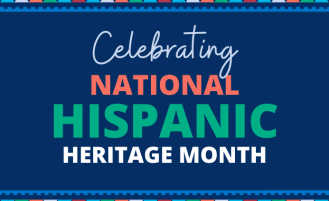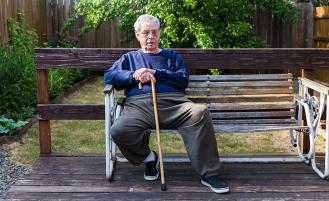Taking Action against America’s Silent Epidemic: Key Strategies for Suicide Prevention

According to the CDC, suicide is now a leading cause of death in the United States—with rates increasing by approximately 36% between 2000–2022. Suicide is rarely caused by a single factor. Problems with relationships, substance use, physical health, employment, finances, housing and legal situations may all contribute to suicide. Mental health conditions often go unrecognized in those who die by suicide. If someone you know appears to be in crisis, seeking professional help and guidance can be pivotal in saving a life.
Helping those in crisis
Call or text 988 if you are worried about a loved one or friend who may need crisis support. You will be connected to trained counselors who are part of the National Suicide Prevention Lifeline network. For deaf or hard of hearing ASL users, call 988 Videophone. An online chat option is also available.
Overlake offers a variety of free mental health classes and training to provide individuals with the tools they need to help someone in crisis:
- QPR Suicide Prevention Training (class for ages 18+): Learn how to identify if someone is considering suicide, how to start the conversation and what to say, and how to connect them with help. Just as people trained in CPR and the Heimlich Maneuver help save thousands of lives each year, people trained in QPR learn how to recognize the warning signs of a suicide crisis and how to question, persuade and refer someone to help.
- Mental Health First Aid (class for ages 18+): Nearly one in five people in the United States live with a mental illness. This interactive training gives participants the skills they need to reach out and provide initial support to adults or youth who may be developing a mental health or substance-use problem and help connect them to appropriate care.
- Teen Resilience and Thriving (class for middle school and high school youth): The Teen Resilience and Thriving workshop helps teens identify stress and learn coping skills, positive self-talk and time management. This workshop gives teens a safe place to share their challenges and grow their confidence.









